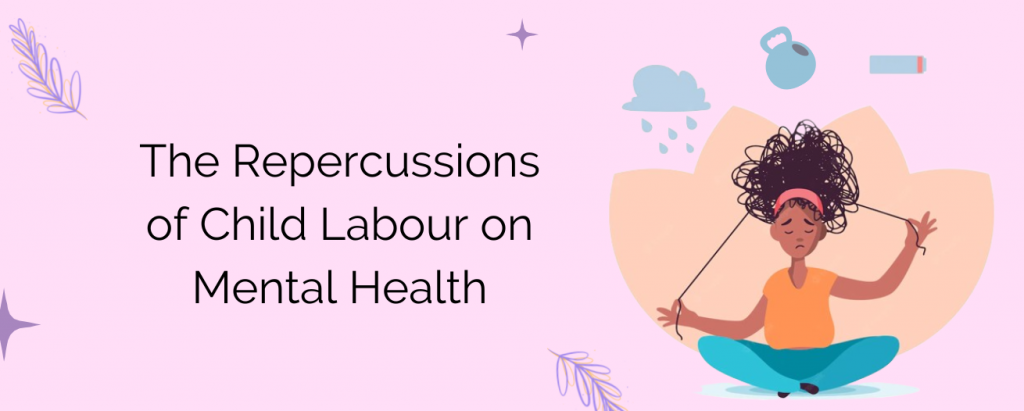The International Labour Organization (ILO) describes child labour as the illegal employment of children such that it deprives them of their childhood, potential, and dignity, and that it is harmful to their physical and mental development. A UN study has found that around 160 million children are engaged in child labour worldwide, which accounts for […]

The International Labour Organization (ILO) describes child labour as the illegal employment of children such that it deprives them of their childhood, potential, and dignity, and that it is harmful to their physical and mental development. A UN study has found that around 160 million children are engaged in child labour worldwide, which accounts for approximately 1 in 10 children.
Child labour deprives the young of their right to education and reinforces the cycle of intergenerational poverty rather than ending it. While the focus of governments and other civil society organisations is to remove children from these harmful situations, their mental and psychological health largely remains unaddressed. The psychological effects that child labour has are as severe as the physical ones, it is crucial that there be a heightened focus on the mental health of impacted children.
A 2022 study found that children who are victims of child labour – long working hours, physical and verbal abuse – are at an increased risk of developing mental illnesses. Particularly, it is found that certain physical and mental health issues that result from employment as a child can persist into adulthood. Some of the effects include anxiety, depression, low confidence, antisocial behaviour and sleep deprivation. A majority of them suffer from post-traumatic stress disorder due to the damaging environment they work in. They are also prone to developing coping methods like substance abuse, increasing their vulnerability to mental issues.
Often, children rescued from such working conditions refuse help and deny that they have suffered any harm. Establishing proper trust and connection through counselling and therapy can help them understand and accept their situation while encouraging them to look forward to a better future. The Juvenile Justice Act made mental health rehabilitation services mandatory. However, there is still a lack of professional counsellors for children impacted by child labour, especially in rural areas. It is imperative that these children be provided with access to mental health resources to improve their condition.
Despite the National Child Labour Project (NCLP) Scheme providing vocational training and other opportunities, there is still a need to improve access to quality education for children rescued from child labour. A recent study found that NCLP school students faced challenges in their education when compared to their counterparts in Government schools. This study recommended increasing funding for these schools to improve the quality of education.
In March 2022, however, the government decided to close NCLP schools in many areas. This left the children under this scheme during the pandemic and recession. The meagre education they had access to is now unavailable. Several people have termed the discontinuation of this project a ‘disaster’. The government should take stock of the lack of education for rescued children and provide them with opportunities for education.
Poverty is one of the major reasons for child labour. Families that fall near the poverty line are more likely to push their children to work at an early age to help sustain the family. Improved and early identification and rehabilitation of such families can help stop the vicious cycle of intergenerational child labour.
The mental health of children rescued from labour is of the utmost importance. It is vital that they have access to counselling and therapy without discrimination on the basis of caste, religion, gender and sexuality. We can hope to end this cycle of child labour when we provide rescued children with the necessary resources and support to recover and improve their quality of life.
1. https://link.springer.com/article/10.1007/s00181-022-02241-5
Writer: Ananya Sajwan
Editor: Hanish